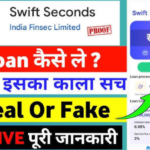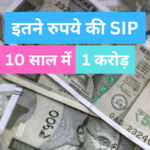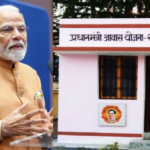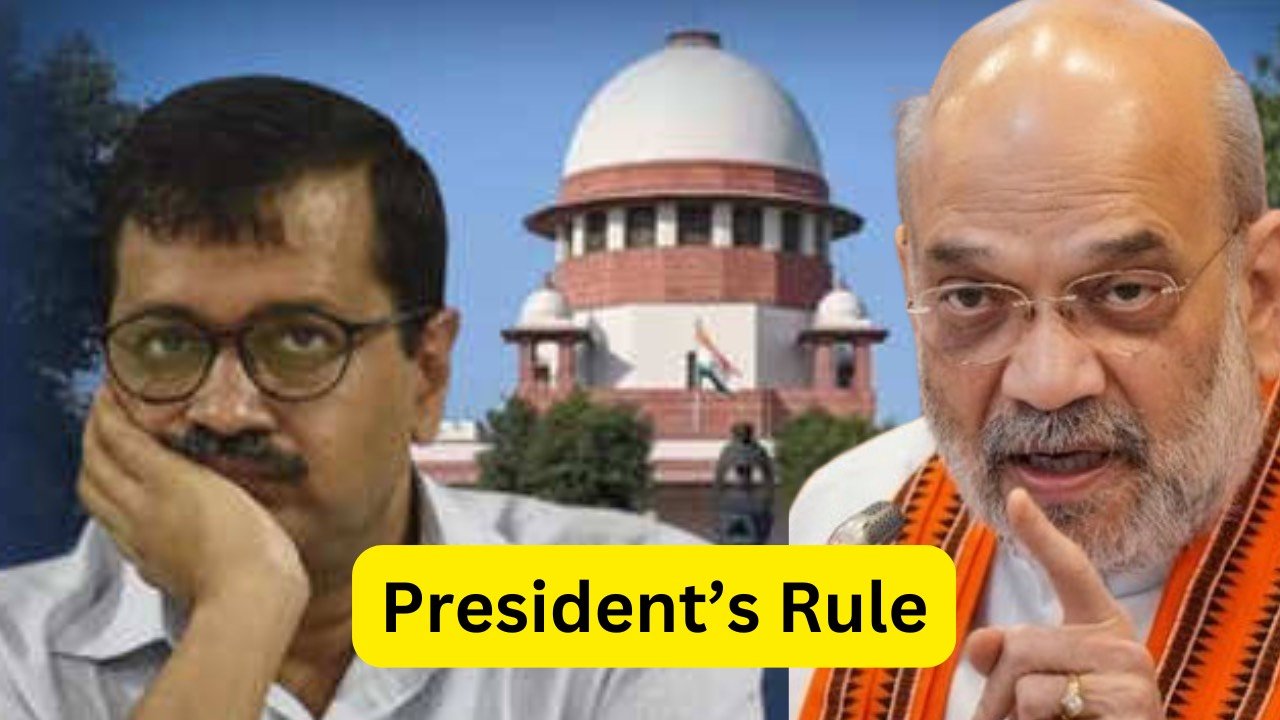BJP Conspiring to Topple AAP Govt Through ‘Back Door’ to Impose President’s Rule in Delhi
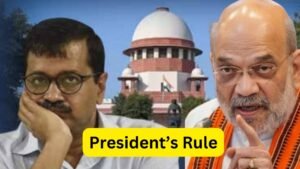
The political landscape in Delhi is once again in turmoil, with speculations swirling that the Bharatiya Janata Party (BJP) is conspiring to topple the Aam Aadmi Party (AAP) government led by Arvind Kejriwal. Recent events suggest that BJP is attempting to achieve this through ‘back door’ tactics, with the ultimate goal of imposing President’s Rule in the capital. This potential move has ignited debates, concerns, and fierce accusations between the two rival parties. In this article, we will delve into the alleged conspiracy, explore its political implications, and examine what this could mean for the future of Delhi’s governance.
The Alleged Conspiracy: BJP’s Back-Door Tactics
Over the past few months, the tension between BJP and AAP has escalated to unprecedented levels. Several BJP leaders, including senior members of the central government, have hinted at dissatisfaction with the Kejriwal administration. Amid this, rumors have surfaced that the BJP is laying the groundwork to topple the Delhi government by exploiting legal avenues and procedural mechanisms to remove Kejriwal from power.
The BJP’s alleged strategy involves leveraging corruption scandals surrounding the AAP leadership, such as the highly publicized Delhi Liquor Policy scam. By amplifying accusations of corruption, BJP seeks to undermine the credibility of the AAP government, portraying it as unfit to govern. This, combined with heightened law and order concerns in Delhi, is being used as justification to propose President’s Rule in the state, a provision under Article 356 of the Indian Constitution, which allows the central government to dissolve a state government in case of constitutional breakdown.
Targeting AAP’s Leadership: Kejriwal in the Crosshairs
At the center of this alleged conspiracy is Arvind Kejriwal, the charismatic and often controversial leader of the Aam Aadmi Party. Kejriwal’s government has faced its fair share of controversies, including allegations of administrative mismanagement, governance inefficiencies, and now the liquor policy scam. BJP leaders have publicly called for a complete investigation into the alleged wrongdoing, with some even suggesting that Kejriwal should step down until the charges are resolved.
However, Kejriwal has remained defiant, accusing the BJP of orchestrating a politically motivated attack on his government to destabilize AAP’s administration. Kejriwal, well-known for his combative style of politics, has labeled these allegations as a tactic to silence opposition voices. According to AAP leaders, this is an attempt by the BJP to undermine Delhi’s autonomy and install a government loyal to the central leadership.
Imposing President’s Rule: The Constitutional Dilemma
The concept of President’s Rule has long been a contentious issue in Indian politics. Historically, it has been invoked several times across various states, often under dubious circumstances. In Delhi’s case, invoking President’s Rule would effectively suspend the elected government, placing the city’s administration under the direct control of the central government.
To justify such a move, the central government must prove that there is a failure of governance in the state that warrants intervention. BJP leaders argue that the escalating corruption charges and the alleged breakdown in law and order provide enough grounds for such an imposition. However, critics warn that this could be seen as an undemocratic overreach by the central government, risking backlash from voters and potentially strengthening the narrative of political victimization that AAP is likely to push.
also read: Aadhaar Update: Don’t Miss the Free Service Ending on September 14! Here’s Your Complete Guide
Historical Precedents of President’s Rule
While the use of President’s Rule is constitutionally allowed, its application has often been controversial. In some cases, it has been used as a tool to dislodge rival state governments, particularly those from opposition parties. Critics argue that the central government has, in the past, used this provision to subvert the will of the people, bypassing democratic processes for political gain.
For the BJP, the risk of backlash is significant. Historically, voters have not taken kindly to unilateral actions that undermine elected governments. Imposing President’s Rule could embolden Kejriwal and AAP to paint themselves as victims of political vendettas, a narrative that could resonate with urban voters, particularly those in Delhi’s middle-class and lower-income segments.
The Potential Fallout: AAP’s Response
Despite the mounting pressure, AAP has shown no signs of backing down. Kejriwal and his senior leaders have launched a counter-offensive, accusing BJP of attempting to destabilize Delhi for political gain. In public speeches and social media posts, AAP has accused the central government of conspiring to overturn the democratic mandate given by the people of Delhi.
Kejriwal’s administration is now mobilizing its supporters to push back against what they describe as a blatant attack on democracy. AAP’s messaging is clear: the BJP is trying to undo their work through back-channel maneuvers, unable to defeat AAP in a fair electoral contest. Kejriwal has called on his supporters to stand firm in defending their government, framing the political crisis as a battle between the common people of Delhi and the political elite in power at the center.
The Stakes for BJP: A Risky Gamble?
While the BJP may believe that removing Kejriwal would serve its interests in Delhi, the potential fallout of this move could be far more damaging. Imposing President’s Rule could energize AAP’s base, allowing them to portray the central government as dictatorial and unwilling to respect the electoral choices of the people. This could lead to mass protests, further tarnishing BJP’s image as a party that champions democratic values.
Furthermore, the BJP must consider how this move will play out in the context of upcoming elections. The party has been riding high in recent electoral contests, but actions that could be perceived as anti-democratic may alienate key voter bases. With Delhi’s urban electorate becoming increasingly important, BJP risks losing support among middle-class and young voters, who value democratic principles and fair play.
Conclusion: Delhi’s Political Future at a Crossroads
As tensions continue to rise, the future of Delhi’s government hangs in the balance. The BJP’s alleged back-door attempts to topple the AAP government and impose President’s Rule reflect a broader political struggle that is set to shape the capital’s future for years to come. Both parties are preparing for an intense battle, with Kejriwal fighting to retain his position and the BJP seeking to assert its dominance in the capital. What remains to be seen is whether the central government will take the drastic step of dissolving the Delhi government or if AAP’s counter-narrative will succeed in turning public opinion against such a move.
In the end, this high-stakes political maneuvering will have significant implications not only for Delhi but for the broader political landscape of India.
